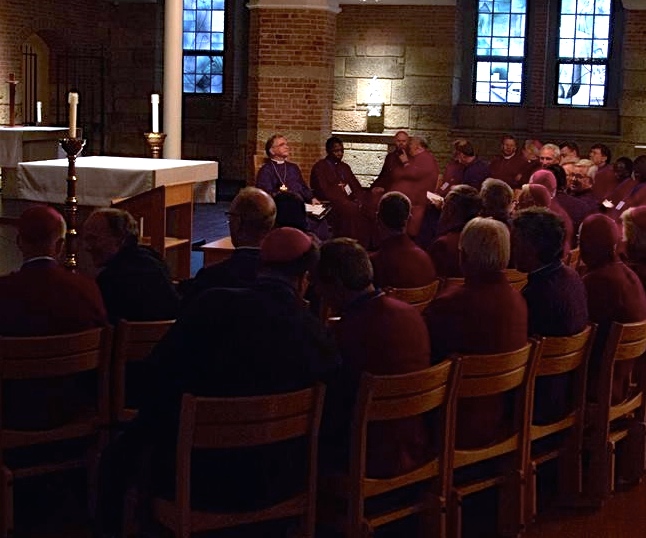Tag: ACNA
-

Hard and Honest Work: The 2014 ACNA Conclave
Note: I am republishing this as we are about to have another Conclave. 7/19/24 Former Archbishop Duncan characterized the 2014 Conclave to elect his successor as “hard and honest work” and a variety of other participants offered similar characterizations. The conclave ended with a unanimous vote electing Bishop Foley Beach as the second Archbishop of…